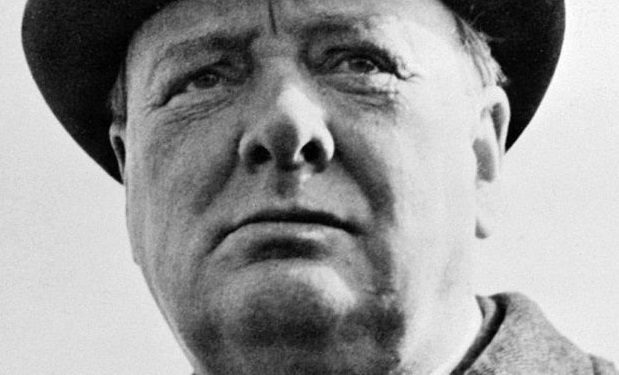Winston Churchill is known as a wartime leader, a winner of the 1953 Nobel Prize for Literature (as big a surprise as Bob Dylan’s prize?) and as a veritable quote machine. Like all writers and many politicians, Churchill was also a dreamer. And when he dreamed, he did so with a mind well-versed in science, reports Mario Livio, writing about Churchill in Nature. And sometimes that science-loving Churchillian mind dreamed about aliens, as evinced by a little-known essay Churchill wrote on the eve of Britain’s entry into the Second World War. The title of Churchill’s 11-page essay was Are We Alone In the Universe? (Originally called Are We Alone in Space?)
The never-published article saw Churchill subjecting the possibility of alien life to rigorous scientific inquiry. Most notable, perhaps, is Churchill’s caution about easy assumptions. Considering whether all life requires water, since all life as we presently qualify it does, Churchill makes the point that other liquids can’t be ruled out. But he writes with admirable scientific circumspection: “nothing in our present knowledge entitles us to make such an assumption.” The essay is an exercise in the opposite of the solipsism — literal and figurative — that drives many politicians. Churchill, not one often accused of a small ego, writes “I am not sufficiently conceited to think that my sun is the only one with a family of planets.” Livio reveals that Churchill ends without doubting the possibility of extraterrestrial life, saying the circumstances and vastness of the universe “would not render life impossible.”
